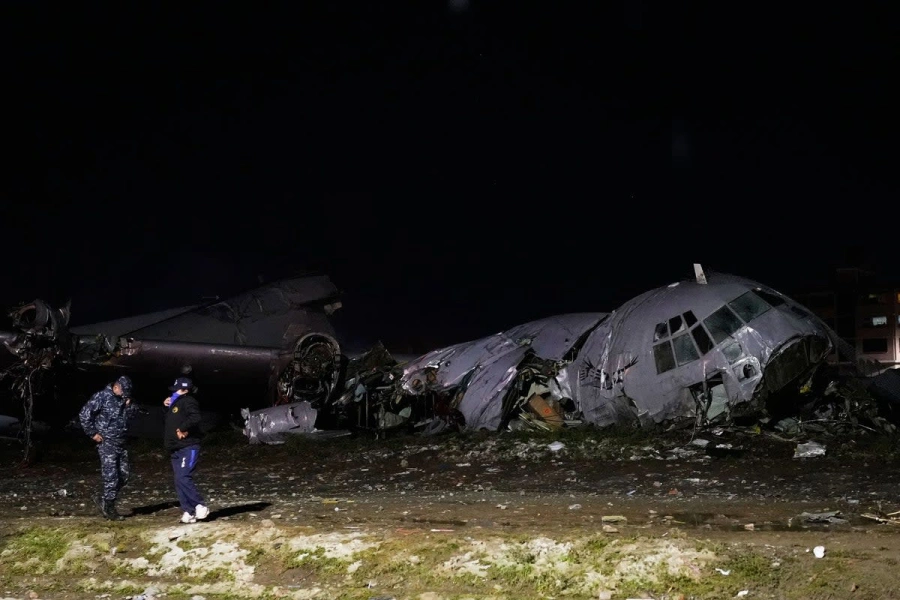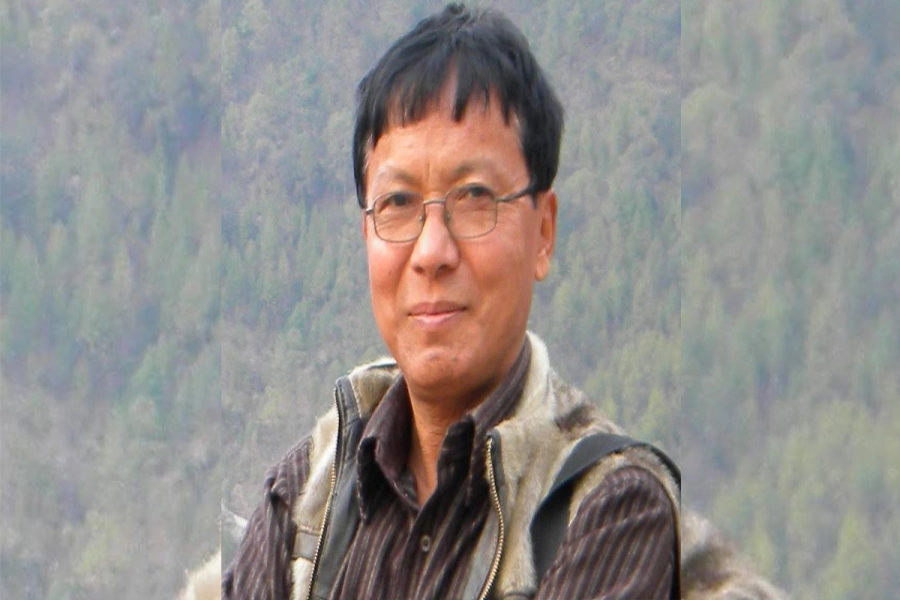KATHMANDU, Dec 26: Two years have already passed since the parliamentary elections, with only three years left in the current five-year term of the parliament. Questions have been raised about the effectiveness of both the parliament and its committees in making this term meaningful. In the meantime, the parliamentary committees have struggled to fulfill an effective role as ‘watchdogs.’
Parliamentary committees, often referred to as ‘mini parliaments,’ should play a more active role when the main parliament is not in session. Currently, no parliament session is underway. However, these committees should still monitor and oversee government activities, engage with stakeholders regarding complaints, and instruct authorities to investigate cases of corruption and abuse of power.
The lack of regular meetings of the Public Accounts Committee (PAC) has been detrimental to good governance. Since the formation of the new parliament two years ago, the PAC has only held subcommittee meetings to review government’s spendings. However, the main committee meetings have become increasingly irregular. The meeting that was scheduled for August 25 only took place on December 23. In the meantime, the PAC has failed to address irregularities by the government, even though it has received nearly one hundred complaints. Questions have been raised about the committee’s failure to convene. A recent meeting on Monday was postponed indefinitely due to clashes among members of the committee representing the ruling and the opposition parties.
Where there is government, there is corruption!

Monday's PAC meeting started with the reviewing of issues raised by the Auditor General's Office. However, during the discussions, the opposition Maoist Center questioned the impartiality of the committee's leadership. They argued that the chairman, who is from the ruling party, is too closely aligned with the government and alleged his wife’s involvement in cooperative fraud. This led the Maoist Center to call for the chairman's resignation. In contrast, the ruling parties, Nepali Congress (NC) and UML, rejected the demand. This division between the ruling and opposition parties has made it difficult for the committee to function smoothly, leading to the postponement of the meeting.
NC Chief Whip Shyam Kumar Ghimire stated that the committee would reconvene after January 4 and that the complaints would be addressed then. However, the committee secretariat has expressed uncertainty about whether the meeting will actually occur. Meanwhile, the PAC secretariat said they are planning to hold regular meetings of the Arrears Settlement Sub-Committee under PAC.
Generally, leadership of parliamentary committees is determined through political consensus. With no party holding a clear majority in the House of Representatives, it is unclear which party will hold power at any given time, making it difficult to maintain the previous arrangement, according to Nepali Congress MP Ram Krishna Yadav.
Yadav, who was the PAC chairman during the first Constituent Assembly, recalled that when NC was in opposition, it was given the chairmanship of the committee. Later, when NC joined the government and the Maoists moved to the opposition, the committee continued to function smoothly without issues of resignation. Yadav believes that the committee should address the resignation issue with the top party leaders to avoid further tensions.
Current PAC Chairman Rishikesh Pokharel has consistently stated that he does not view himself as an obstacle. He pointed out that when NC was in opposition in 2074 BS, their leader Bharat Sah was the PAC chairman. The UML demanded his resignation after the NC joined the government. Despite this, Sah remained in office until the end of the term, though the committee's work suffered, and good governance was impacted during that period.








































